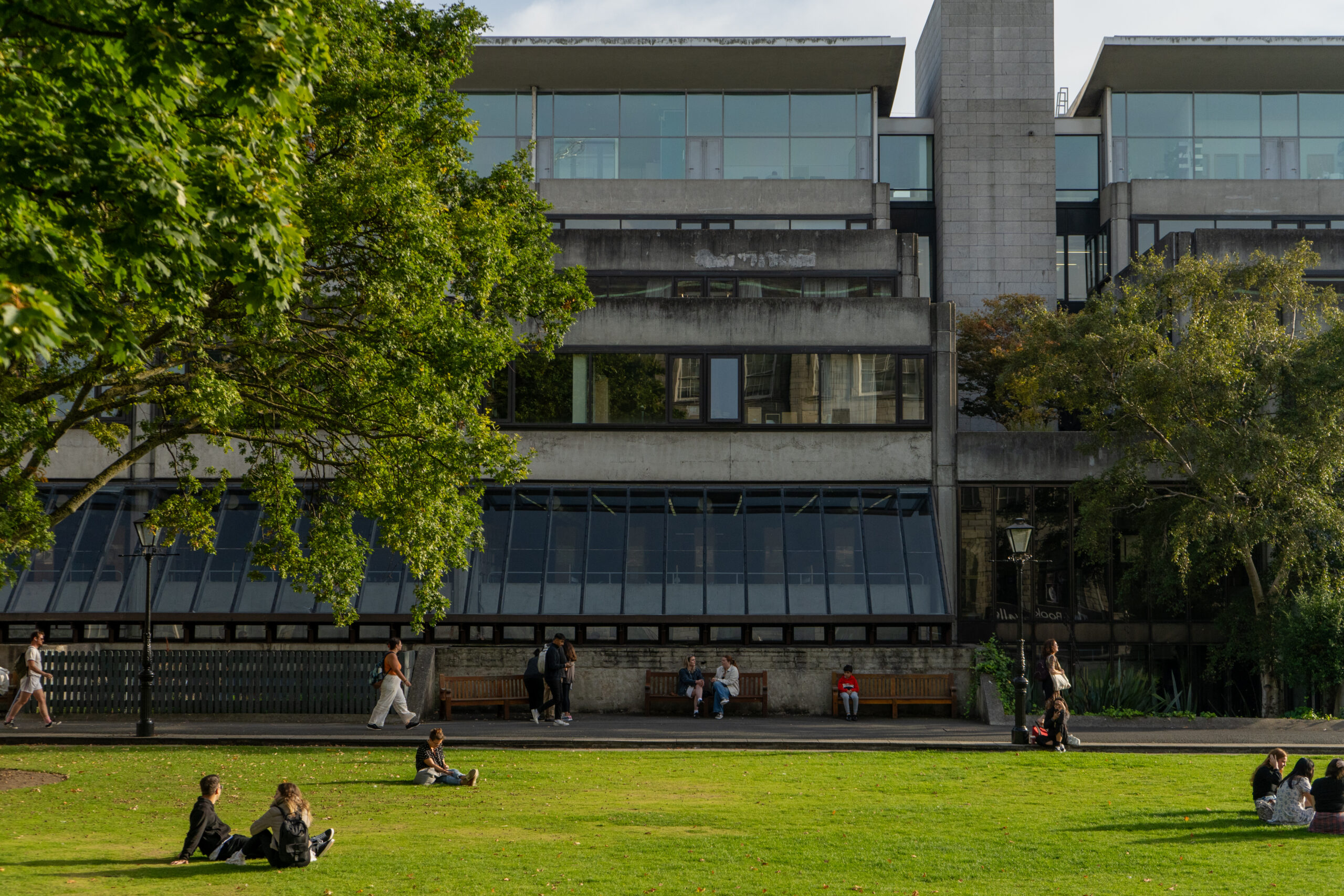Trinity College Dublin Students’ Union (TCDSU) has called for a “formal and insightful investigation” into College’s participation in university rankings systems and a “withdrawal from data provision to ranking makers” if possible.
The Union of Students in Ireland (USI) Council also passed a motion yesterday mandating the USI President and Vice-Presidents for Campaigns and Education to write to all third-level institution presidents asking them to re-evaluate their participation in the university rankings system.
In an email sent to Provost Linda Doyle, TCDSU President László Molnárfi said university rankings prompt unnecessary academic competition, misalignment of values and academic integrity and “may also cause social exclusion and exclusionary managerialism by numbers”.
“University league rankings are infused with a corporate ethos that push the neoliberalisation of our institutions and seek to pit them against each other in cookie-cutter, numerical categories that reflect little about real conditions on-the-ground,” he said.
“A world in which ranking structures influence alumni’s desirability within the job market, is not a world of fair chances.”
TCDSU and USI’s calls were based on Utrecht University’s decision to opt out of the Times Higher Education (THE) World University Ranking 2024.
Molnárfi said: “The students of Trinity College Dublin acknowledge and highly support the action taken by the Utrecht University governing body”.
“We believe that the move to opt out of the university ranking is exemplary, and should incentivise action in other Higher Education Institutions, including Trinity College.”
The email praised the steps College has taken in the “decolonisation of our universities”, noting that the renaming of the Berkeley Library, establishment of the Colonial Legacies Working Group, and “re-examining our past” has been “a crucial era in our university’s history”.
Molnárfi said the rankings system can “reinforce colonial legacies”, pointing to a bias in favour of English-speaking universities, and noted that 90% of the world’s universities are not included in the rankings.
USI Council raised similar concerns about university rankings, stating that they “perpetuate social exclusion and promote a managerial approach that relies on numbers rather than holistic education”.
“The corporate ethos present in these rankings pushes for the neoliberalisation of our institutions, fostering a world of unequal opportunities and elitism,” it said.
“University rankings represent a form of intellectual imperialism, a “captive mind” in which universities outside of the Western world are forced to conform to Western corporatised ideas of what a university is and conform to the worldwide market of universities that is embodied by the idea of competitive university rankings”.
This comes as College was ranked 81st in the Quacquarelli Symonds (QS) World Rankings, a 17-place improvement on last year, and 161st in the THE World University rankings.
Despite the significant boost to Trinity’s position in the QS rankings, the provost expressed some scepticism and called for further investment in higher education, saying: “Rankings don’t reflect the full breadth of all the important things we do, and we have lots more to be proud of in Trinity. Still, this outcome is good news for us”.
Utrecht University said rankings put “too much stress on scoring and competition”, and that “it is almost impossible to capture the quality of an entire university with all the different courses and disciplines in one number”.
The university also called into question the methodology used in these rankings.






